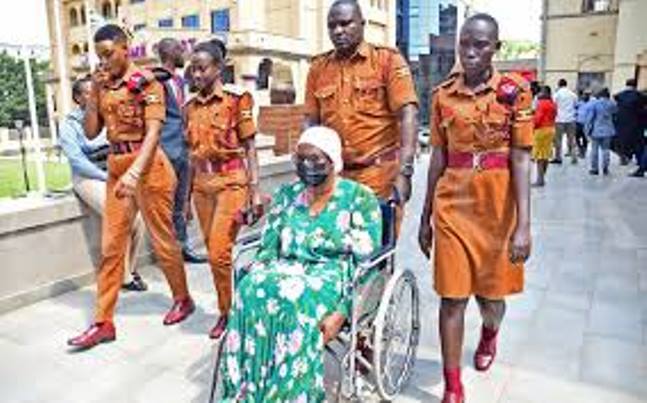The ongoing trial of Katanga Henry’s murder case has shed light on the concerns surrounding the reliability of DNA evidence processed by the police forensic laboratory. Testimonies, especially from Police’s Forensic Director Andrew Mubiru Kizimula, have ignited discussions about the trustworthiness of forensic procedures in criminal investigations in Uganda.
Kizimula’s admission during his court testimony regarding potential DNA sample contamination has raised eyebrows.
The intense cross-examination by the defense team representing Katanga’s widow has brought to the forefront doubts surrounding the handling of crucial evidence in the case.
The involvement of Kizimula as a key prosecution witness has triggered a deeper examination. Concerns have been raised by defense lawyers regarding the credibility of the blood samples and pistol analysis conducted by Kizimula, especially considering the legal limitations on the police for handling DNA tests in criminal cases.
Transparency in forensic reporting
Allegations of bias have surfaced, with the defense team accusing Kizimula of tailoring the DNA report to align with the prosecution’s stance.
Questions on the timing of the report in relation to the DPP’s public announcement have cast a shadow on the objectivity of forensic findings in high-profile cases.
Uganda’s police forensic laboratory faces recurring scrutiny, with past cases also being called into question for the reliability of DNA evidence processed in non-accredited facilities.
The lack of international validation for results from these labs adds complexity to the issue, potentially impacting the trust in forensic evidence and legal outcomes.
The defense’s scrutiny extends to police Form 17A, highlighting discrepancies and missing information that could influence the case’s direction.
Calls for transparency and fairness in evidence submission underscore the importance of upholding integrity in forensic procedures within the justice system.

